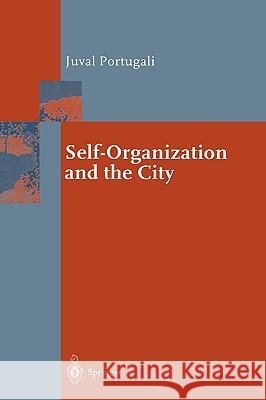Self-Organization and the City » książka
Self-Organization and the City
ISBN-13: 9783540654834 / Angielski / Twarda / 1999 / 352 str.
Cities first came into existence more than five thousand years ago. How to deal with these partly fascinating, partly frightening creatures of mankind, both practically and intellectually, concerns all of us and, in particular, presents areal challenge to city planners. Each historical epoch has had its own par- ticular attitudes associated with the "Zeitgeist." Accordingly, the planning and steering of cities were based on quite different criteria. But in spite of these differences, the concept of planning and steering was, and still is, the cornerstone of our dealing with cities. Nevertheless, the planner's dilemma is becoming more and more visible: cities and megacities seem to be un- plannable. In this book, Juval Portugali intro duces a new idea: Cities are self- organizing systems. To substantiate his revolutionary concept, he uses several interlinked methods. On the one hand, and to my own delight, he employs in his arguments theoretical tools developed in the interdisciplinary field of synergetics. On the other hand, jointly with his co-workers, he has performed detailed model calculations on cellular nets. It has been a great pleasure and a wonderful experience for me to discuss these concepts with Juval Portugali over a number of years. I was repeatedly and deeply impressed by the way he established profound and often surprising links to other fields of science.











